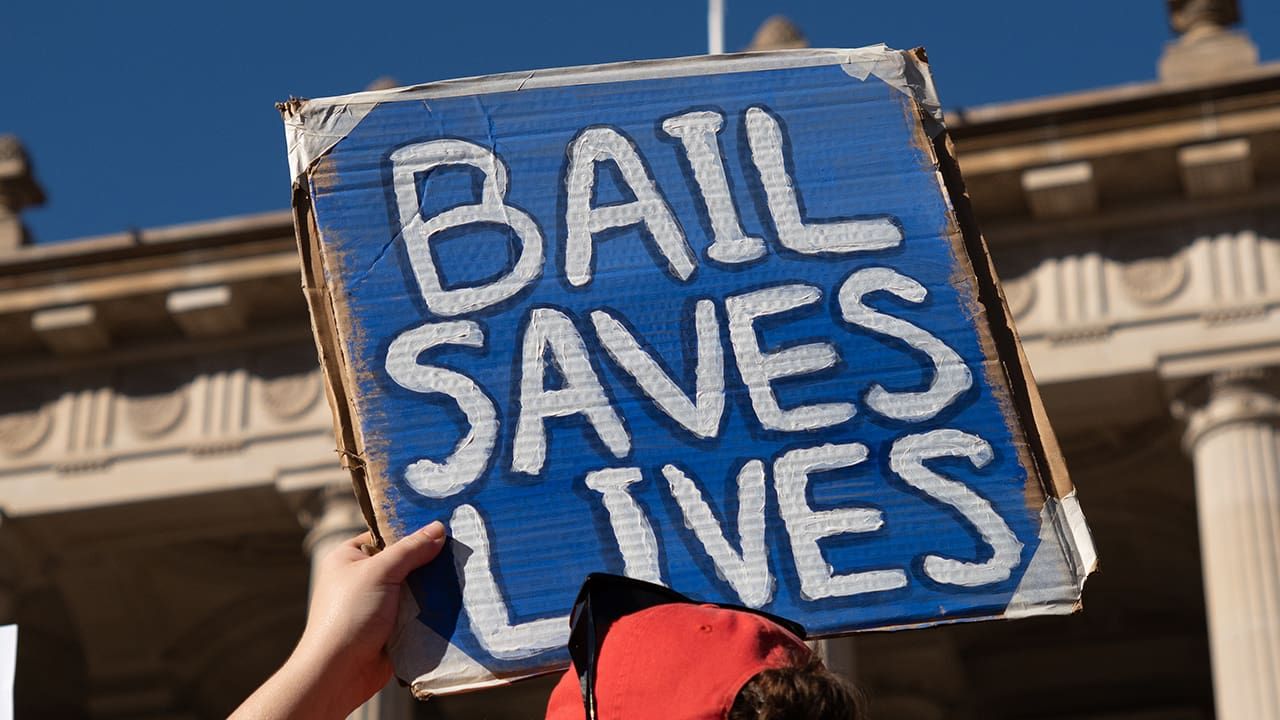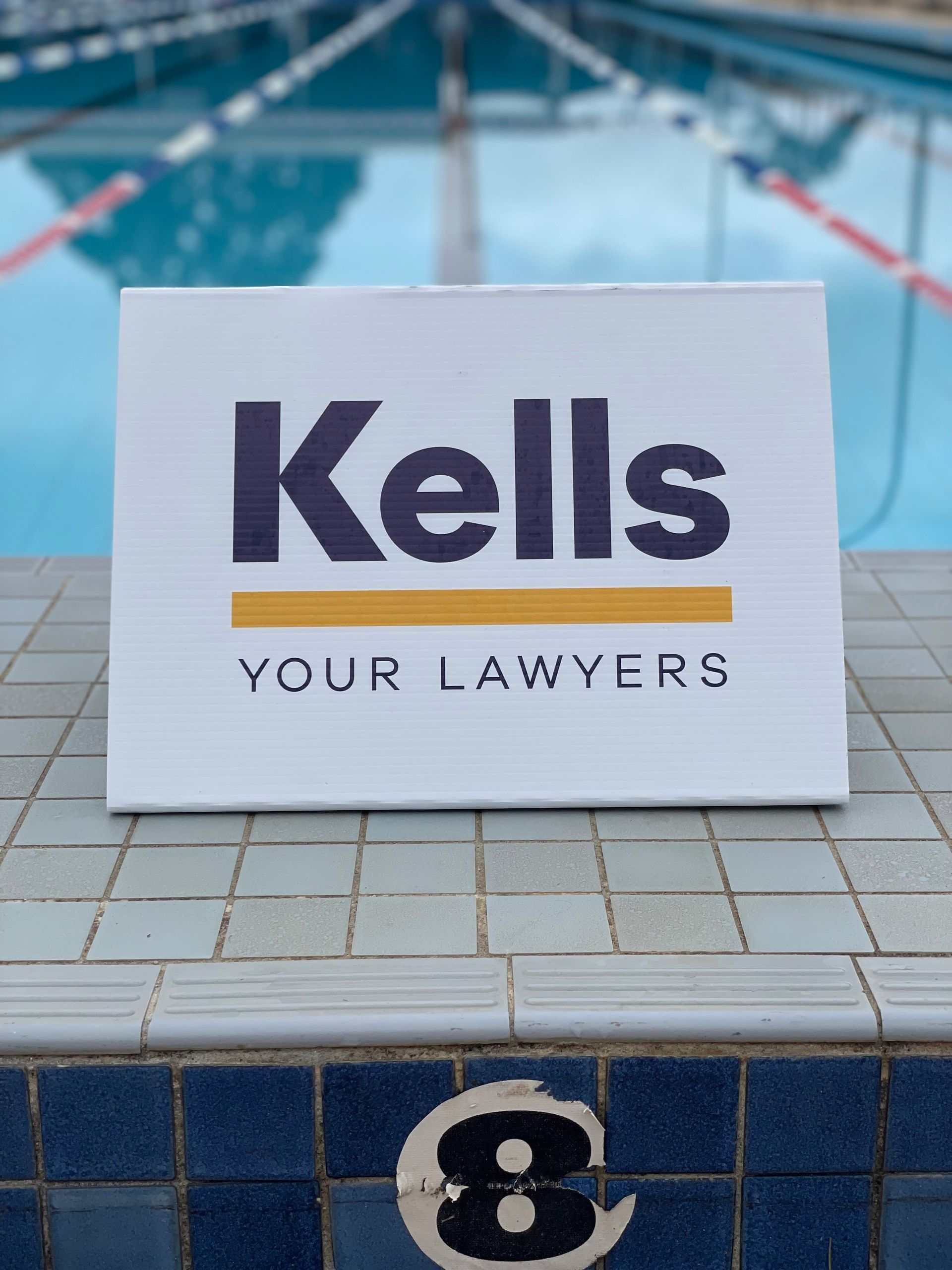Expertise
Criminal Penalties
SPEAK WITH A KIAMA CRIMINAL LAWYER
Criminal Law Specialists
Our Kiama practice covers a broad spectrum of criminal cases. These include traffic violations, drug offences, drink driving matters, theft, assault, fraud, and serious indictable charges such as homicide.
24/7 Criminal Law Advice
We offer round-the-clock criminal law support in Kiama. Day or night, you can contact our criminal lawyers whenever urgent representation is required. Your first consultation is free.
Top-Tier Team
Our team is guided by a former police officer and senior police prosecutor. With extensive knowledge of police processes and court operations, we develop well-structured strategies for every matter we handle.
Extensive Experience
We have represented clients in a wide range of criminal proceedings, frequently managing summary matters without relying on external barristers. This approach strengthens the quality of courtroom advocacy while keeping costs more manageable.
Here To Help
Facing a criminal charge can affect every part of your life. You may feel stressed about the court process, worried about how it could affect your reputation, or uncertain about what lies ahead. The experience is often confronting, particularly if it is your first time dealing with the justice system.
Our criminal defence team represents clients in Kiama, helping them take practical steps to manage their situation. Whether you are contesting serious allegations or looking to reduce the impact of a charge, we provide support at every stage and focus on achieving an outcome that safeguards your future.
How Can Our Kiama Criminal Lawyers Help?
Our team takes a thorough approach to every matter. From the beginning, we review the allegations, analyse the strength of the evidence, and explain the potential risks in straightforward terms. This helps you understand your position and the possible options available to you.
We prepare a defence that directly addresses the prosecution’s claims, identifying weaknesses in their case and working to safeguard your rights throughout the process. Our lawyers also handle communication with the court and other parties, making sure your case is presented clearly and effectively.
Whether you are facing a less serious charge or a more complex prosecution in Kiama, our focus is on developing a strategy that protects your future and reflects your legal rights. With experience across a wide range of criminal matters, our defence team is ready to act on your behalf.
Frequently Asked Questions
Get Trusted Criminal Law Advice in Kiama
If you would like to discuss your case with our criminal law team, please get in touch. We are available 24/7 to help you and offer a free initial consultation.
Related Articles

Speak to a Criminal Lawyer
We’ll stand by you and protect your rights every step of the way—no matter the charge.









